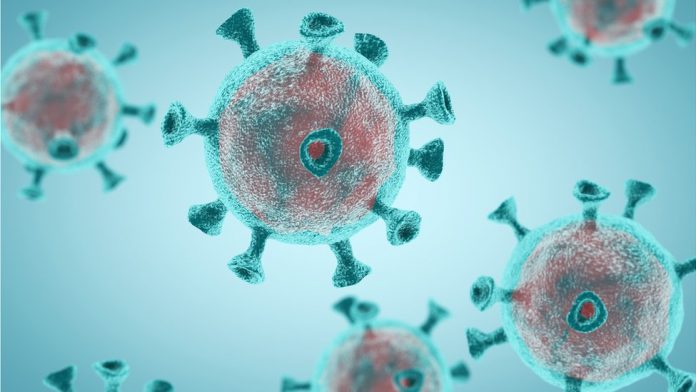Australian researchers have revealed – for the first time – that people who have been infected with the COVID-19 virus have immune memory to protect against reinfection for at least eight months.
The research is the strongest evidence for the likelihood that vaccines against the virus, SARS-CoV-2, will work for long periods. Previously, many studies have shown that the first wave of antibodies to coronavirus wane after the first few months, raising concerns that people may lose immunity quickly. This new work allays these concerns.
The study is the result of a multi-centre collaboration led by Associate Professor Menno van Zelm, from the Monash University Department of Immunology and Pathology, with the Alfred Research Alliance between Monash University, The Alfred hospital and the Burnet Institute, and published today in the prestigious journal, Science Immunology. The publication reveals the discovery that specific cells within the immune system called memory B cells, “remembers” infection by the virus, and if challenged again, through re-exposure to the virus, triggers a protective immune response through rapid production of protective antibodies.
The researchers recruited a cohort of 25 COVID-19 patients and took 36 blood samples from them from Day 4 post infection to Day 242 post infection.
As with other studies – looking only at the antibody response – the researchers found that antibodies against the virus started to drop off after 20 days post infection.
However – importantly – all patients continued to have memory B cells that recognised one of two components of the SARS-CoV-2 virus, the spike and nucleocapsid proteins. These virus-specific memory B cells were stably present as far as eight months after infection.
According to Associate Professor van Zelm, the results give hope to the efficacy of any vaccine against the virus and also explains why there have been so few examples of genuine reinfection across the millions of those who have tested positive for the virus globally.
“These results are important because they show, definitively, that patients infected with the COVID-19 virus do in fact retain immunity against the virus and the disease,” he said.
“This has been a black cloud hanging over the potential protection that could be provided by any COVID-19 vaccine and gives real hope that, once a vaccine or vaccines are developed, they will provide long-term protection.”








